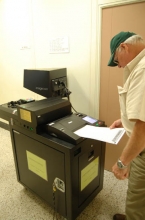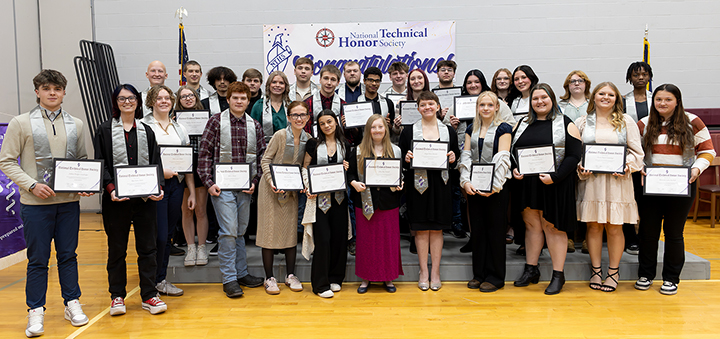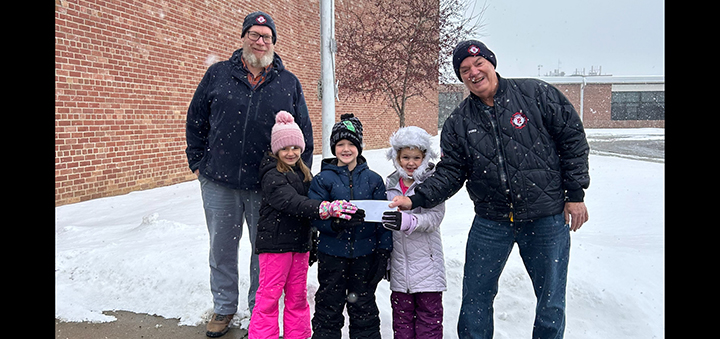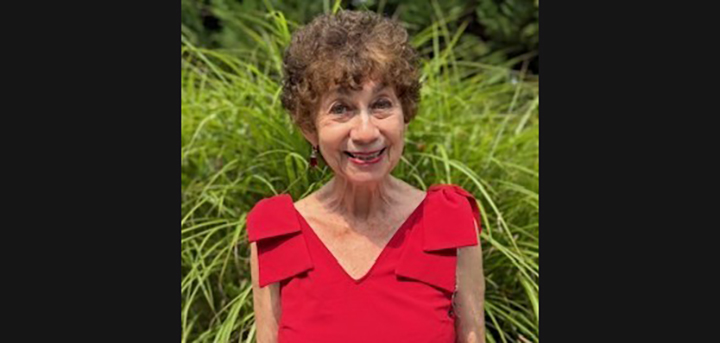New machines make debut in September GOP primary
NORWICH – Voters in Chenango County will be casting their ballots through a new electronic system being implemented across the nation as federal mandates compel state and county executives to utilize the more expensive digital devices, alleging that they are more comprehensive and accessible.
The Chenango County Board of Elections reports that in the coming Republican primaries, Sept. 15, and then in following general elections held Nov. 3, all polling stations in Chenango County will be outfitted with the new Dominion ImageCast optical-scan machines.
Republican Commissioner Harriet Jenkins explained that voters will be presented with paper ballots indicating the candidates in the election. Voters will mark the paper ballot themselves with a pen and then put it into the ImageCast machine, which will record and tally the marked votes.
The machines are capable of examining the ballot and locating inconsistencies, such as accidental double votes in the same category. The machine alerts the ballot’s caster to an “over vote” error and asks if they wish to proceed or if they wish to correct the issue.
The machines are also capable of detecting a “no vote” to any corresponding positions left blank. However, the New York State Board of Elections decided earlier this week not to activate the “no vote” alert.
The state board did not return comment by press time.
Jenkins explained that many Chenango County citizens often leave several position blank and prefer only to vote for specific offices exclusively, ignoring the rest of the ballot.








Comments